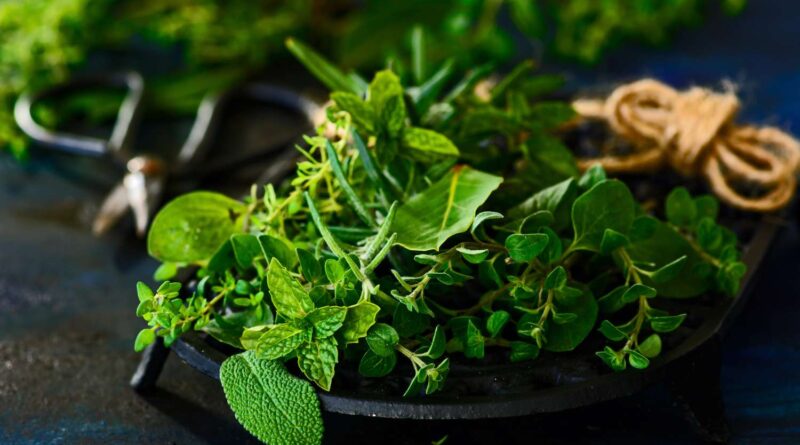How herbs can be beneficial for health
Herbs are plants that are valued for their medicinal, aromatic, or culinary properties. They have been used throughout history for their therapeutic properties, as well as for their flavor and aroma. Herbs can be used fresh, dried, or in tinctures, essential oils, and topical preparations. Common herbs used in cooking include basil, oregano, rosemary, sage, thyme, and parsley. Herbs can also be used to make teas, syrups, and tinctures to treat various ailments.
They are valued for their healing properties, as well as their ability to enhance the flavor of food. Some herbs, such as garlic and ginger, have long been used to treat various ailments. Others, such as echinacea, are used to boost the immune system. Herbal remedies are becoming increasingly popular as people look for natural, holistic ways to treat their ailments.
Rhodiola Rosea
This adaptogenic herb is known for its ability to reduce stress and fatigue, improve mood, and enhance mental clarity. Rhodiola Rosea is an herb that has been used for centuries in the traditional medicine of many countries. It has been used to improve physical and mental performance, as well as to treat a wide range of health conditions. Rhodiola Rosea has been found to have some very impressive effects on mental clarity and focus. It has been found to improve focus, clarity of thought, and mental energy by improving the body’s ability to manage stress.
Rhodiola Rosea Herb grinder has been shown to increase the body’s production of key neurotransmitters such as dopamine and serotonin, which can improve mood and mental clarity. Additionally, Rhodiola Rosea has been found to reduce the levels of cortisol, the stress hormone, which can make it easier to focus. Rhodiola Rosea can also improve the body’s overall resistance to stress, which can increase mental clarity and focus.
Valerian
Valerian is an herb that has been used for centuries to reduce anxiety and insomnia. It can be taken as a tea or supplement. Valerian is an herb that has long been used to treat stress and anxiety. It’s thought to work by increasing levels of certain calming chemicals in the brain, such as gamma-aminobutyric acid (GABA). GABA is a neurotransmitter that helps keep nerve cells from over-firing and is known to reduce anxiety. Valerian is also thought to increase levels of serotonin, a neurotransmitter that helps regulate mood.
Valerian is available in many forms, including teas, tinctures, capsules, and liquid extracts. It’s also found in some over-the-counter sleep aids. To reduce stress and anxiety, people typically take between 300 and 900 milligrams of valerian per day. It’s important to start with a lower dose and gradually increase it to avoid side effects such as headaches, dizziness, and stomach discomfort.
Valerian may also be combined with other herbs, such as passionflower or kava, to create a more calming effect. However, it’s important to talk to a doctor before taking any herbal supplement, as they can interact with other medications and supplements. Valerian has been used for centuries to reduce stress and anxiety, and it may be a helpful option for those looking for an all-natural way to manage their symptoms. However, it’s important to talk to a doctor before starting any new supplement or treatment.



